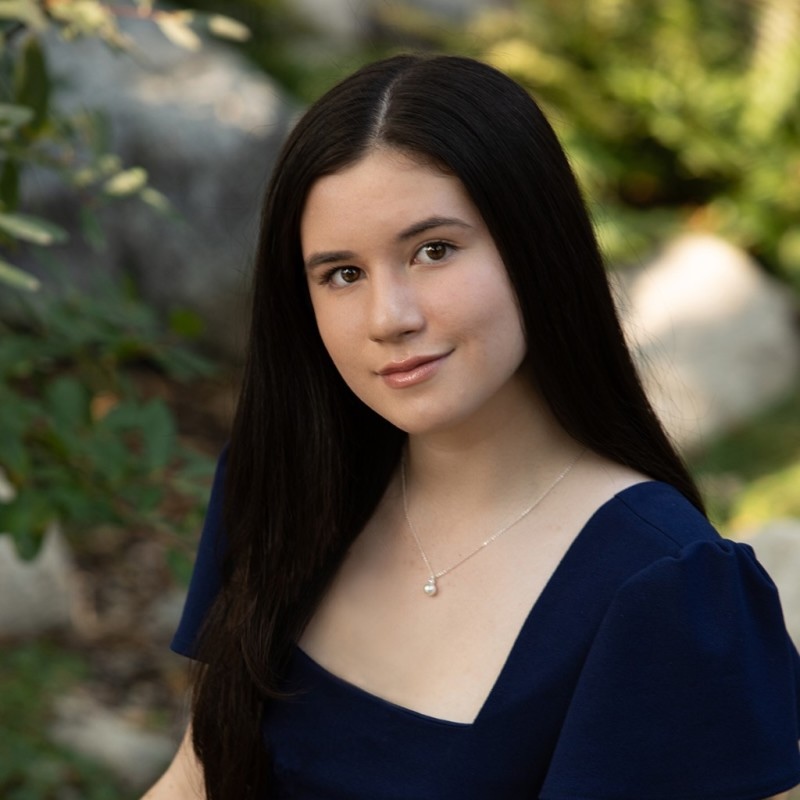Tanisha Francis ’18 Looks Into the Legacy of Black Women in Prison
By Rebecca Goldfine
The ACLU reports that black women make up thirty percent of all incarcerated women in the US, even though they represent just thirteen percent of the female population in the country. And according to government figures, black women are imprisoned in state and federal prisons at twice the rate of white women.
These jarring statistics have spurred Tanisha Francis ’18, an Africana studies and history major, to investigate the origins of this disparity, and the history of black women in US prisons. She first began researching the topic in her spring history class, Research in African History and African Diaspora, with Bowdoin's Geoffrey Canada Professor of Africana Studies and History Olufemi Vaughan. At the time, she was struck by the relative lack of historical research on black women inmates. “Much of the discourse has been on black men,” she said.
To continue her studies into the subject over the summer, she received an Irma Cheatham Summer Research Fellowship in Africana Studies from Bowdoin. Each year, Bowdoin awards more than 200 fellowshipsto students to pursue scholarly research, creative projects, or internships across the disciplines during the summer months.
While her previous coursework examined black women in the prison system in the American South between 1865 and 1970, Francis decided to focus her independent research on the way that historical legacy is manifested in the lives of black women today. “I was so interested in what I was researching, I wanted to see what impact this history has had on the current era,” she said.
Francis brings a unique perspective to her project. She grew up in Leicester, England, the daughter of a social worker father and an educational psychologist mother. Her grandparents are from Jamaica. “Growing up in England is helpful because I don’t have any assumptions about the US system,” she said. “I grew up knowing about the UK system,” which, she pointed out, also has a disproportionate number of people of color in jail.
Over the last few weeks, Francis has been spending her time on campus reading and writing down ideas to lay the foundation for a yearlong honor’s project. She plans to examine the theme of social control and its impact on women in the prison system, focusing on media representations on black womanhood and criminality, politics and black female criminality, including welfare policies and the political disenfranchisement of former prisoners, and globalization.
Briefly, Francis summarized these themes. Black women, she said, are surveilled more than women of other races by police or parole officers, as well as social workers and other government employees, which is likely contributing to their higher incarceration rates. In addition, women out on parole are often penalized if they cannot find work — but getting a job is sometimes more difficult for black women than other women with similar qualifications.
Negative media representations of black women, for instance the stereotype of “black welfare queens” or “the black matriarch” heading dysfunctional families, also influence lawmakers to make laws that target black women, Francis argued, and encourage law enforcement officers to crack down on black women. “I’m examining how these cultural stereotypes influence legislation and how that affects black women and can funnel them into the penal system,” she said.
In addition, our country’s shift from waging a war on poverty — a stronger emphasis during the Kennedy era — to waging a war on drugs and crime has unfairly affected minority communities, she said. Francis adds, though, that the war on drugs is only one aspect of a broader group of anticrime policies. "Welfare programs have also served as modes of surveillance, seen through the evolution of governmental reactions to crime and minority communities over time," she said. "Kennedy's social welfare measures were broadened by Johnson's war on poverty; however, the subsequent war on crime established by the Reagan administration makes it easy to overlook that even earlier social welfare measures enacted by previous administrations served as crime control initiatives."
And for her section on globalization, Francis is looking at how immigrants, many of whom are of color, are represented in the media, what policies are put into place that affect them, and whether they, too, are more vulnerable to getting swept up into the penal system.
After Bowdoin, Francis is planning to attend law school and is considering specializing in civil rights. “I like the idea of advocating for someone and making a direct impact, even if it’s just on one person,” she said.



